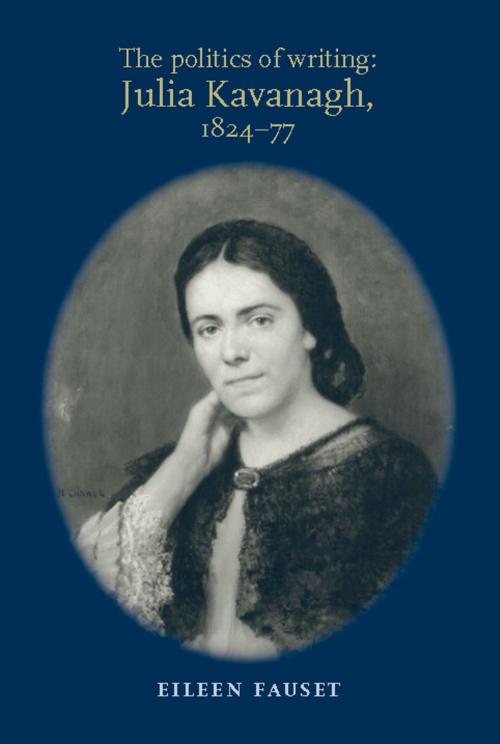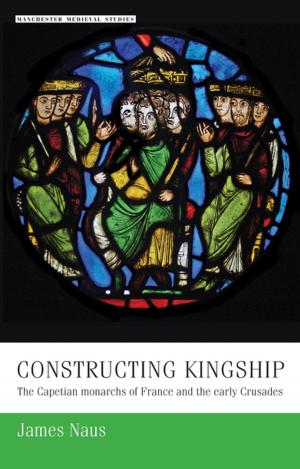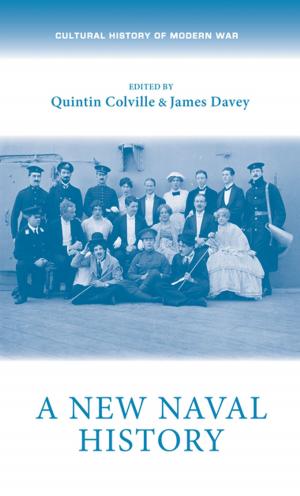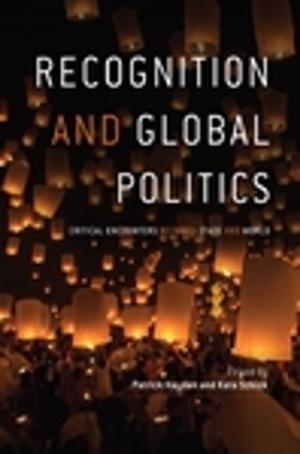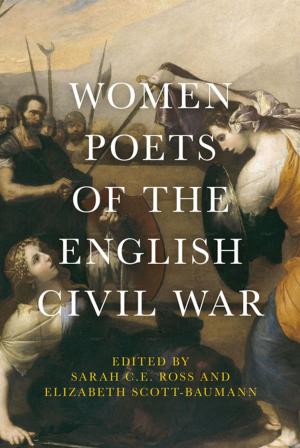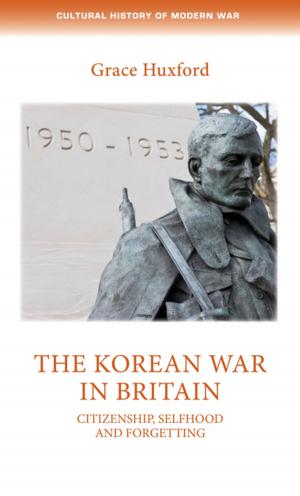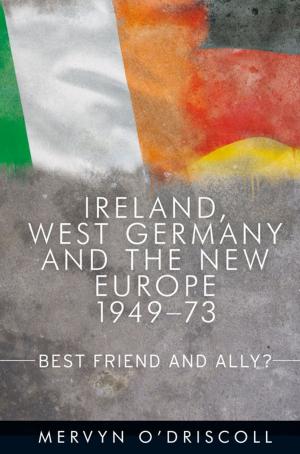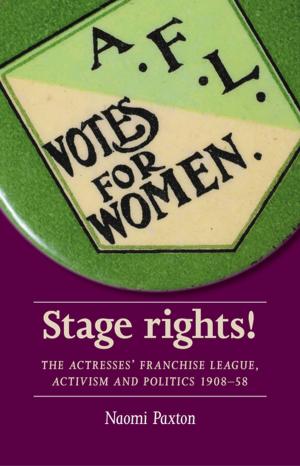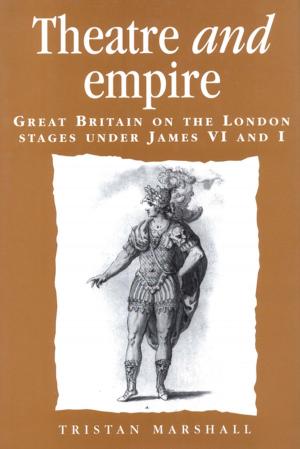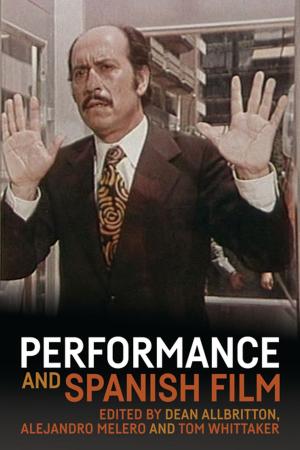| Author: | Eileen Fauset | ISBN: | 9781847795267 |
| Publisher: | Manchester University Press | Publication: | July 19, 2013 |
| Imprint: | Manchester University Press | Language: | English |
| Author: | Eileen Fauset |
| ISBN: | 9781847795267 |
| Publisher: | Manchester University Press |
| Publication: | July 19, 2013 |
| Imprint: | Manchester University Press |
| Language: | English |
Julia Kavanagh was a popular and internationally published writer of the mid-nineteenth century whose collective body of work included fiction, biography, critical studies of French and English women writers, and travel writing. In this critically engaged study Eileen Fauset sees Kavanagh as a significant but neglected writer and returns her to her proper place in the history of women's writing. With few known primary sources to go on the author manages, through her skilful selection of letters, official documents and historical commentary, to piece together some of the jigsaw of Kavanagh's life. Throughout this study, the biographical element informs and directs discussion of Kavanagh's writing itself. What emerges is a succinct and telling portrait of a woman who, through a desire to write, acquired both economic independence and a means through which she could voice her sexual politics. Eileen Fauset challenges the historical attitudes to 'popular romance', a genre read mainly by women and generally discounted as simple entertainment. She argues that in Kavanagh's novels romance is often the pivot around which issues of cultural and sexual difference are examined, a perspective that, invariably, also informed Kavanagh's non-fiction. This study addresses the current enthusiasm for the reclamation of neglected women writers and also brings to light interesting material that might otherwise have remained unknown to the specialist. It will appeal to academics, students and enthusiasts of Victorian literature and women's writing.
Julia Kavanagh was a popular and internationally published writer of the mid-nineteenth century whose collective body of work included fiction, biography, critical studies of French and English women writers, and travel writing. In this critically engaged study Eileen Fauset sees Kavanagh as a significant but neglected writer and returns her to her proper place in the history of women's writing. With few known primary sources to go on the author manages, through her skilful selection of letters, official documents and historical commentary, to piece together some of the jigsaw of Kavanagh's life. Throughout this study, the biographical element informs and directs discussion of Kavanagh's writing itself. What emerges is a succinct and telling portrait of a woman who, through a desire to write, acquired both economic independence and a means through which she could voice her sexual politics. Eileen Fauset challenges the historical attitudes to 'popular romance', a genre read mainly by women and generally discounted as simple entertainment. She argues that in Kavanagh's novels romance is often the pivot around which issues of cultural and sexual difference are examined, a perspective that, invariably, also informed Kavanagh's non-fiction. This study addresses the current enthusiasm for the reclamation of neglected women writers and also brings to light interesting material that might otherwise have remained unknown to the specialist. It will appeal to academics, students and enthusiasts of Victorian literature and women's writing.
